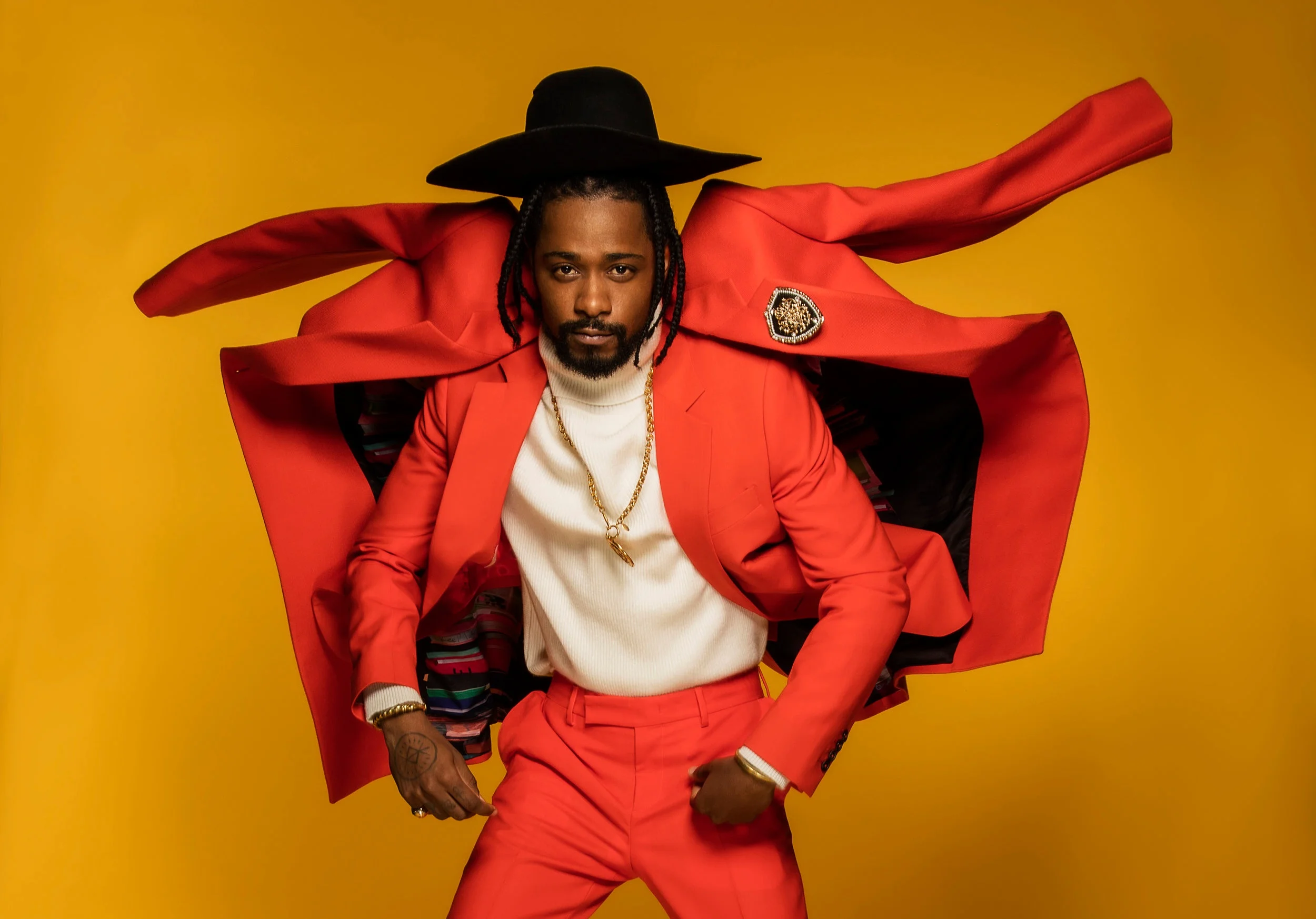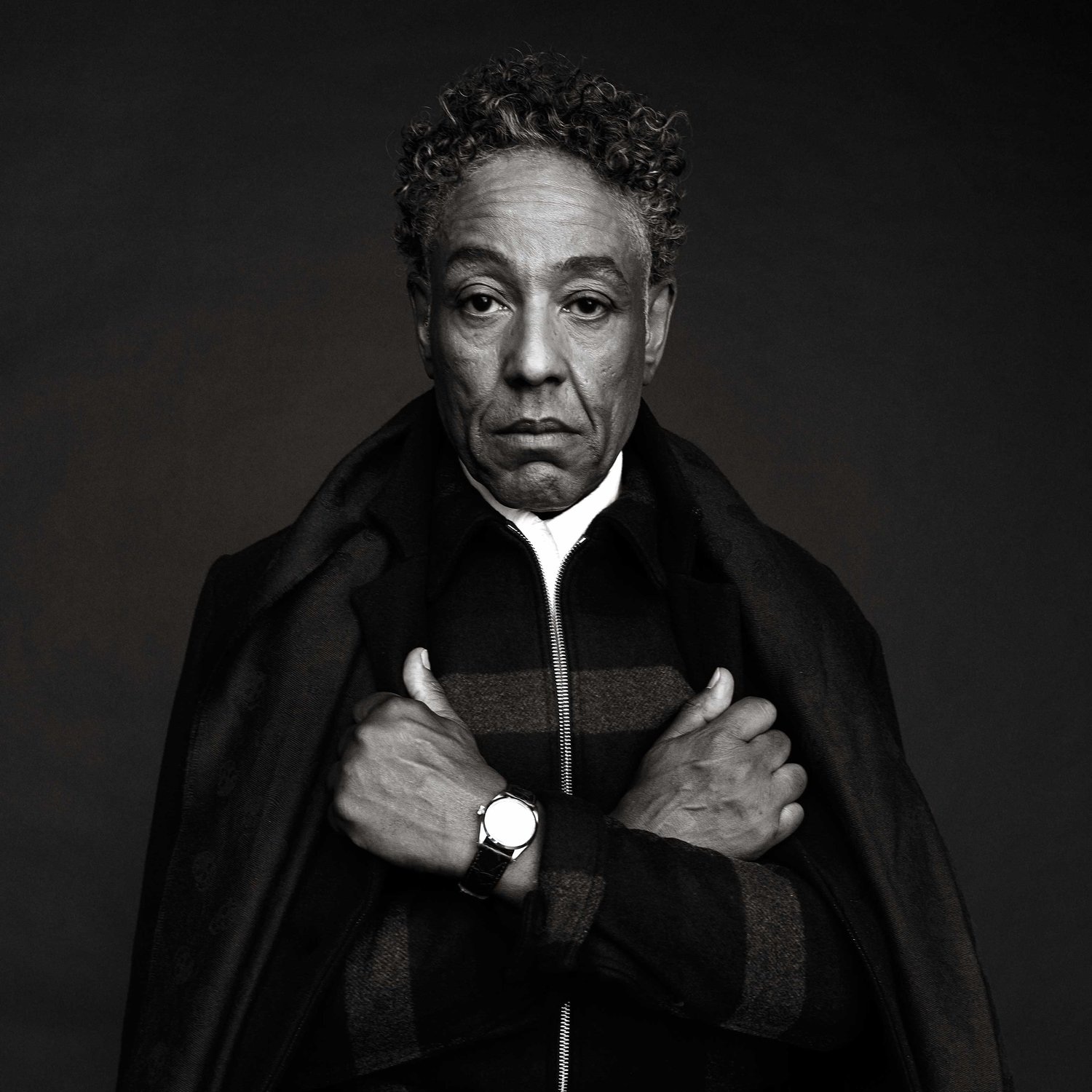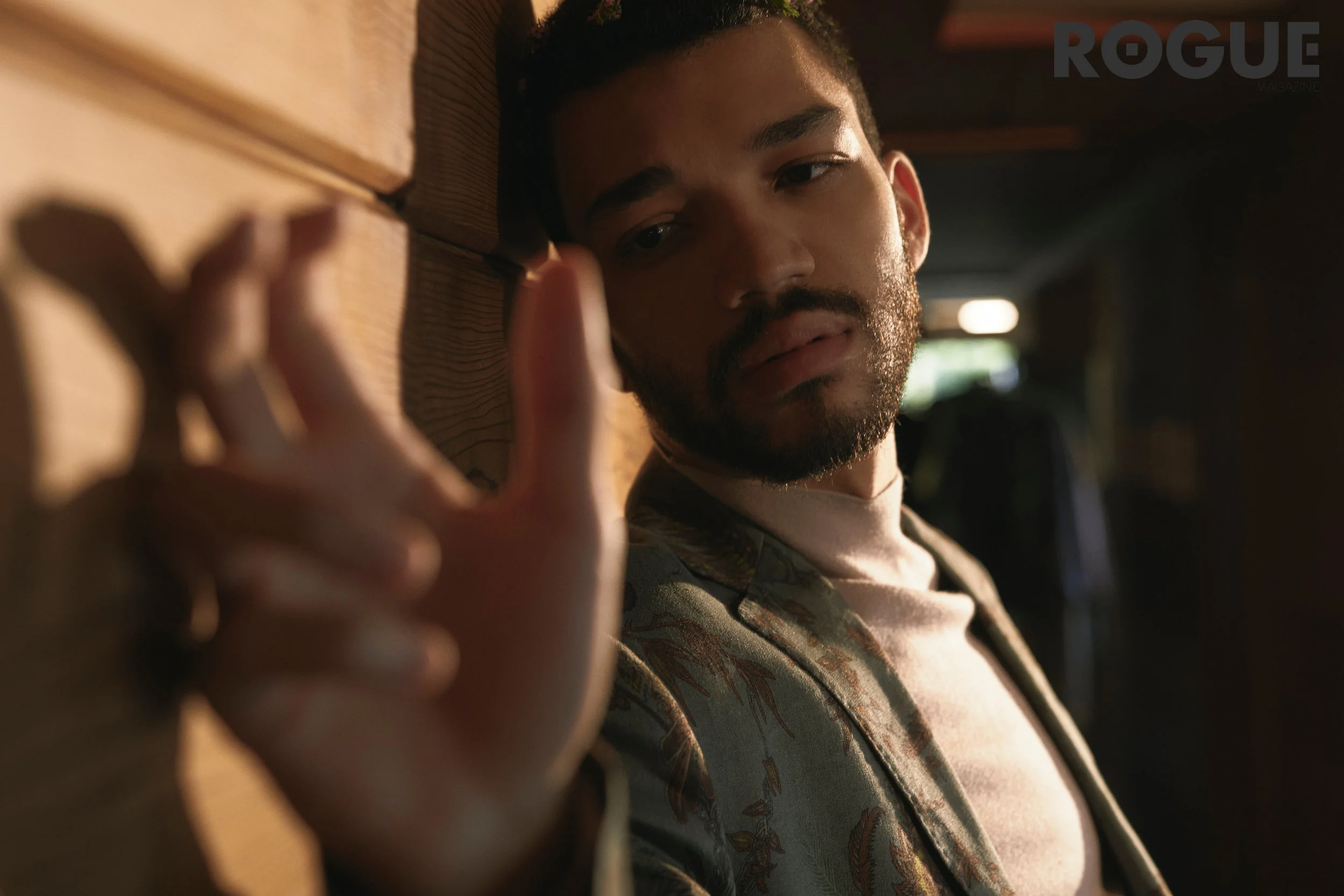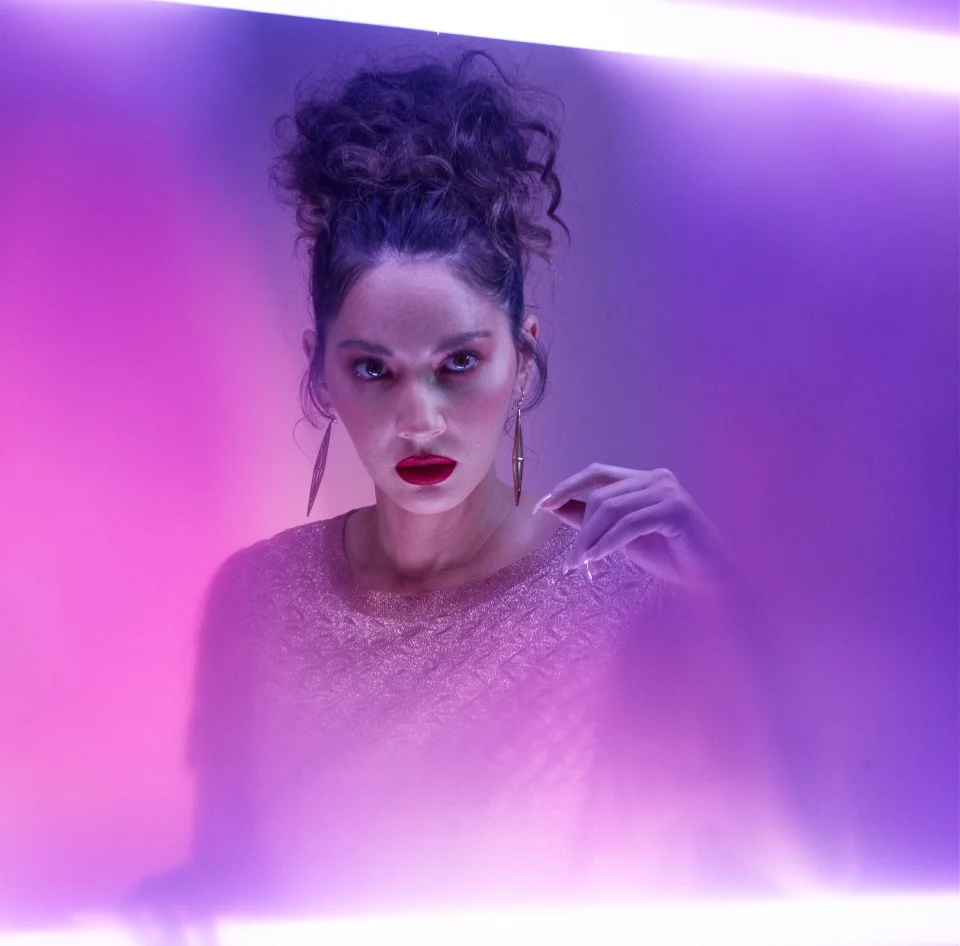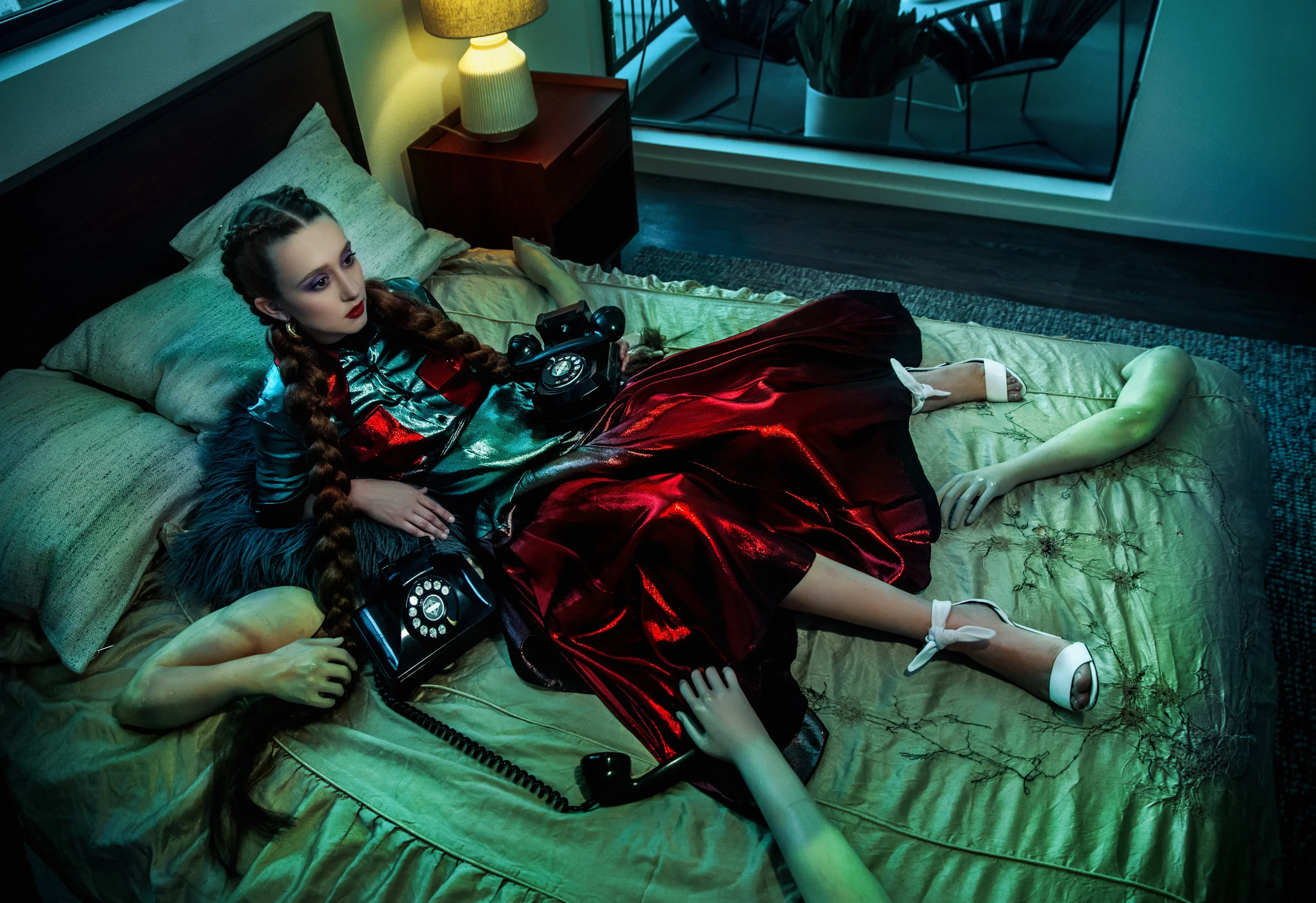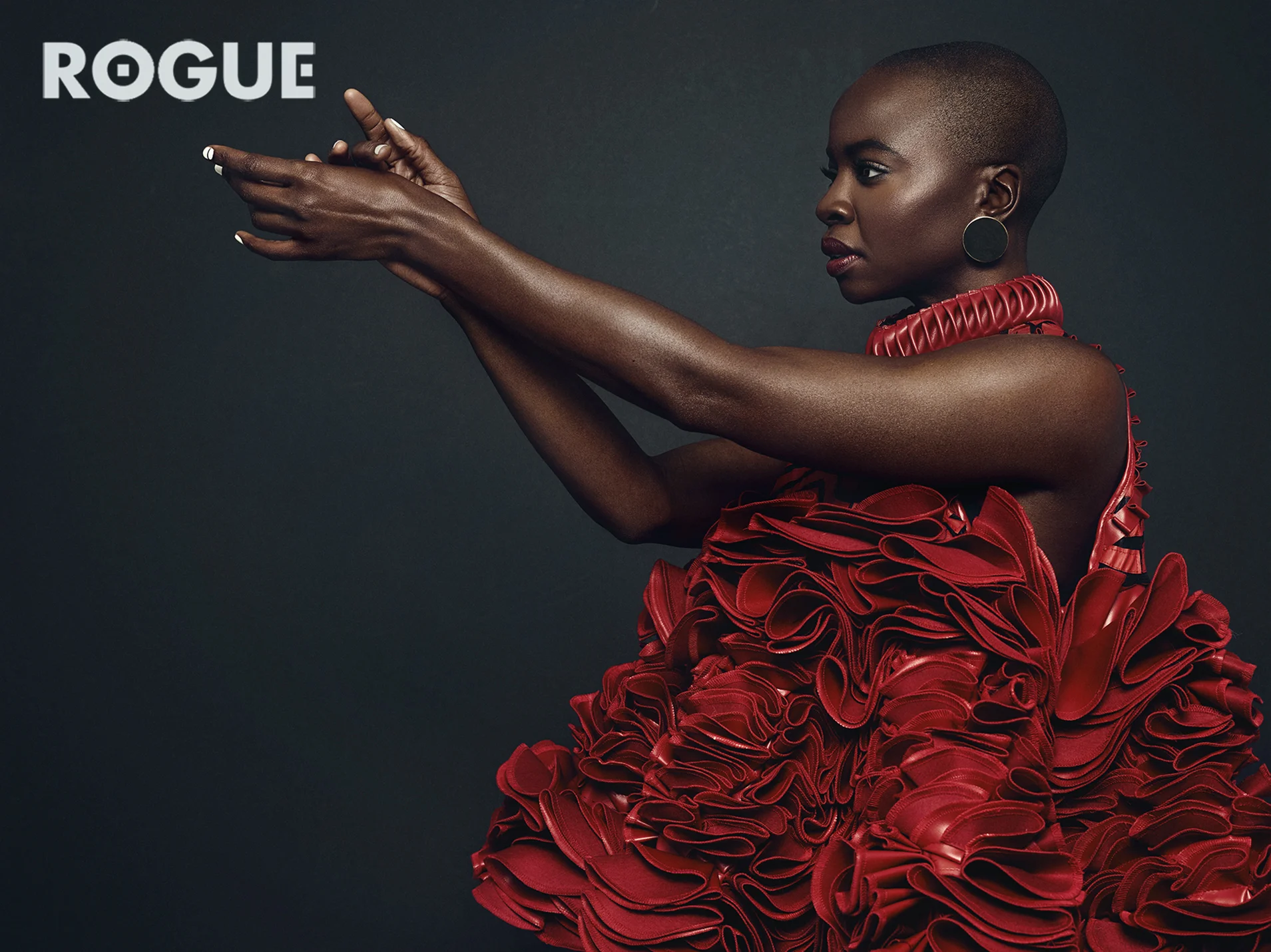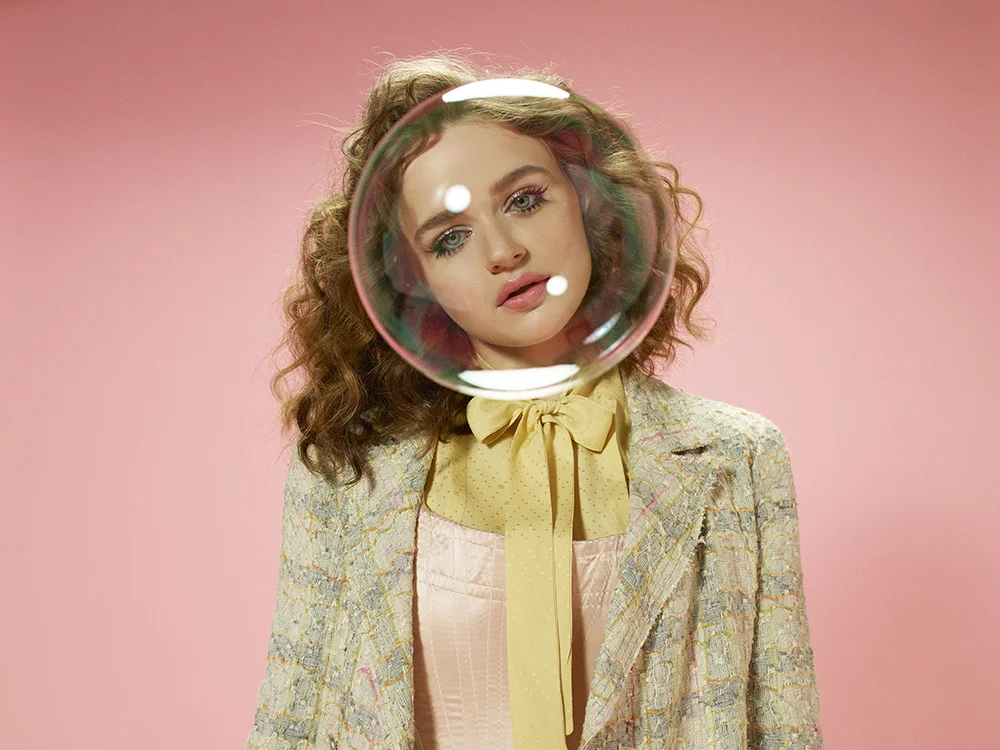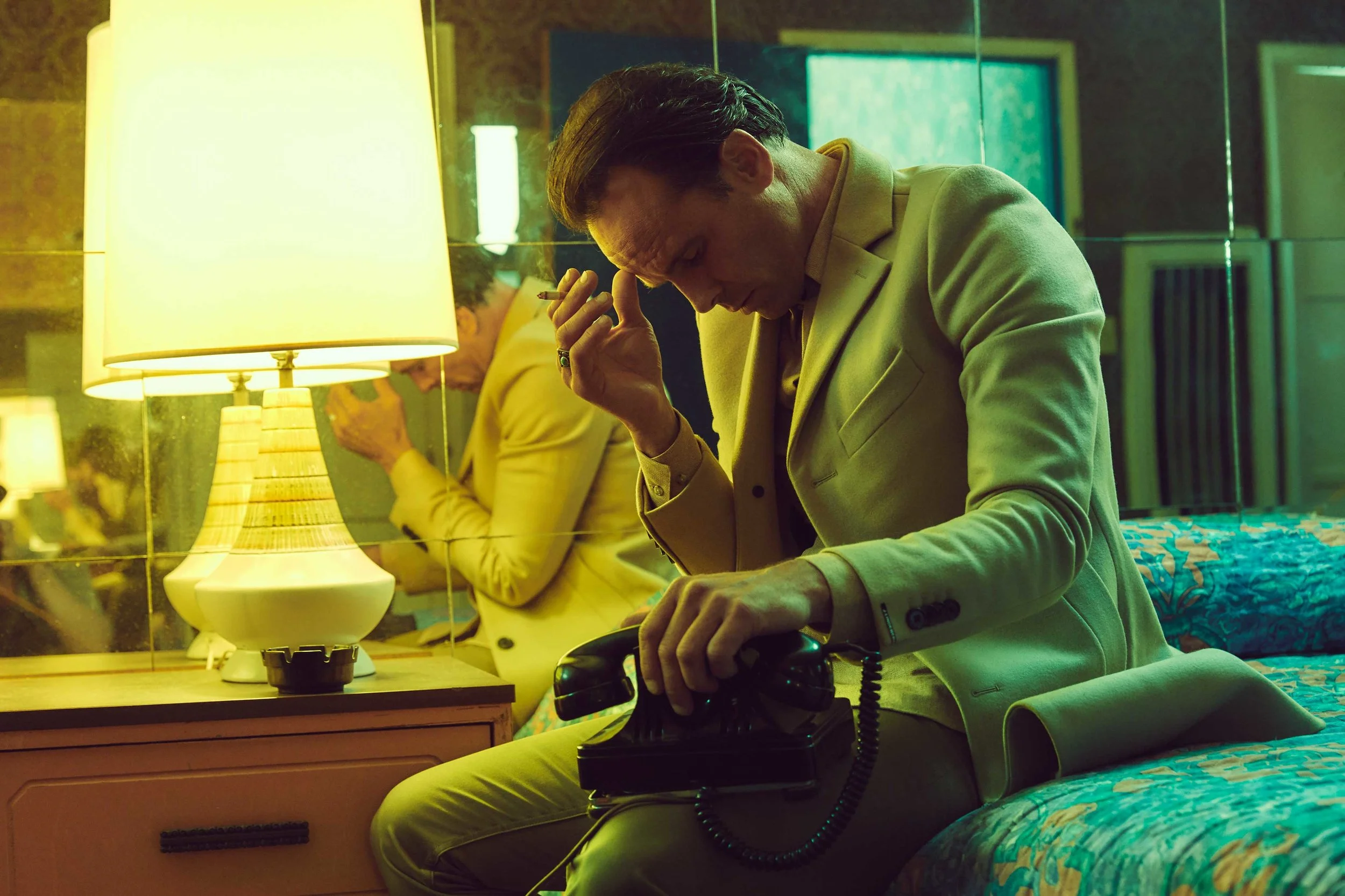Daniel Gillies
Jacket by The Kooples / Shirt by Michael Stars
In the past six years alone, Daniel Gillies has been performing in front of a camera for over 150 episodes of television. A tremendous number really, if you consider the fact that The Vampire Diaries spinoff, The Originals, has 66 currently aired episodes in its three short years of production--with another 13 on the way. Naturally, a solid fraction of these episodes stem from his originating role as debonair vampire Elijah Mikaelson in The Vampire Diaries--later carrying forward to his starring role on The Originals-- but miraculously, Gillies also managed to muster in the time to star in the Canadian medical drama Saving Hope.
He’s probably still trying to catch up on his sleep.
In this time Gillies has seen a lot of sets, memorized countless lines, and worked with many, many directors. And as the episodes went by, Gillies described feeling a growing frustration with many of the directors he worked with in television.
“I just felt like so few of them knew what they were doing when it came to talking to an actor,” Gillies explains.
Directors have a vision of how they want a scene to be delivered. While the picture might be clear in their minds, it isn’t always to the actors, who may very well have their own ideas regarding the same scene. It’s hard, Gillies says, to effectively communicate what a director needs while also factoring each actor’s unique style, personality, and capability.
So, when granted the opportunity to direct an episode of The Originals, Gillies was eager to test his directing style: a culmination of his prior experience directing Broken Kingdom, an indie drama starring both he and his wife, Rachael Leigh Cook, and his perspective working as an actor for over twenty years.
“It’s a beautiful thing to be allowed to direct a show particularly when you know the crew and cast so well and you have that kind of familiarity with the material,” he says, and considered that small dynamic to be his strengths going into the shoot.
It was curious to Gillies, then, when trust between he and the cast wasn’t quite as solid as he had initially anticipated.
When other members of the cast, like fellow star Joseph Morgan-- known as Klaus Mikaelson in the series-- had their moments taking the reigns, Gillies remembered feeling open-hearted and willing to work under their direction.
“I was surprised that I didn’t have quite that reciprocation,” he admits. “I went in and thought, ‘Oh wow,’ I’m being treated like just another director. There’s an expectation, and their waiting for me to sort of either demonstrate leadership or sort of prove myself. So I learned a lot.”
Plus, his directing approach wasn’t passive. “The thing I kind of immediately did when I was directing was immediately asking more of the actors,” Gillies recalls.
Although Gillies stresses the point that he and his cast are not in anyway complacent, there is, however, a certain comfortability that naturally develops from working the same job for a considerable time. And after several years of working on The Originals, a show that, Gillies says, provides very little subtext in its writing and desires a consistency between characters exchanges and its overall tone; he understood why the cast might have regarded his approach to be, in the beginning, perceived as somewhat abrasive. After all, he explains, acting can be humiliating and humbling.
“You sort of have to be prepared to publicly make mistakes and be vulnerable and incredibly susceptible to criticism.”
He says that when acting is done effectively, bravely, and in a non-patterned way, it is by far the hardest job on set.
“You’re nobody if you’re not trying and failing. No artist is ever effective unless they're trying things and failing regularly. That’s just what we should be doing.”
Despite feeling taken aback by the initial hiccup, Gillies was anything but surprised at the results once trust between he and his fellow castmates had been solidified.
“When they did sort of relax into the idea of what I wanted from the scenes, then great things emerged. I received nothing but the most magnificent work from the cast.”
As pleased as Gillies might have felt in overcoming that one unexpected obstacle, he had no time to reflect upon or enjoy the small victory: he had shit to get done.
Gillies experience directing his film Broken Kingdom was undoubtedly rewarding, but exceedingly laborious. The film ended up taking five years and it’s financial constraints demanded that he be creative and resourceful with his time. Directing The Originals, Gillies noticed some definite similarities and significant differences.
“It was different in the sense that there was way more money in The Originals than there was in my independent film, and far less disasters--a well oiled machine, The Originals,” he describes.
There was freedom that came with the generous budget: access to high quality production sets and equipment. But still, there were limitations. Although immensely grateful for the opportunity to direct the episode, he was confined to the show’s requisite style and aesthetic.
“In a sense you’re like a hunter-gatherer. You’re sort of at the mercy of other people’s ideas in a sense. When you are directing for yourself, you’re collecting pieces to edit your own ideas.”
He eagerly welcomed the challenge of recreating an episode and utilized his familiarity with the show’s dynamics to his advantage. “But yeah,” he admits, “there’s nothing quite like your own signature as well.”
But it’s not as though he felt unfilled creatively. The horde of other variables he had to consider required him to be inventive.
“You think that you have something completely locked in a certain aesthetic and then you get in there and it’s entirely different-- like the space is different or the lighting isn’t what you think it’s going to be. You have to be sort of elastic in that sense," he explains. "There’s just going to be a million curveballs in a day, and often times it can be incredibly disheartening when you see a set and the way it's lit. You just have to sort of man up and figure out how to shoot something in another way.”
And despite the migraine worthy stress, Gillies loves directing. After the set has been swept and cleared away, and the words “that’s a wrap,” are but an echo in his mind, his favorite and final task is piecing together his work: watching his masterpiece form in the editing room.
“I love having all the pieces in front of you; there’s nothing more satisfying than creating scenes and energy and life from nothing. I don’t think there is anything more beautiful than building in the editing room.”
Going on to quote renowned filmmaker Andrei Tarchovsky, who poetically described films as a “sculpture in time,” Gillies hopes that despite all the inherent beauty and restrictions that went along with directing an episode of The Originals, he hopes that his own personal signature-- a cinematic imprint of all his stylistic choices and ideas-- still lives on.
“I hope it remains when I see the final cut. It might not, but at least for a moment in time I’ll know that it existed like that.”
For more of Daniel Gillies, check out his full feature in Rogue's Issue N°5
Photography by Travis McCoy
Styling by Melissa Triber
Grooming by Christina Guerra
for Celestine Agency
Written by Cheantay Jensen
Location provided by Mary Hellmund
of The Agency
Photo Direction by Jonny Marlow


